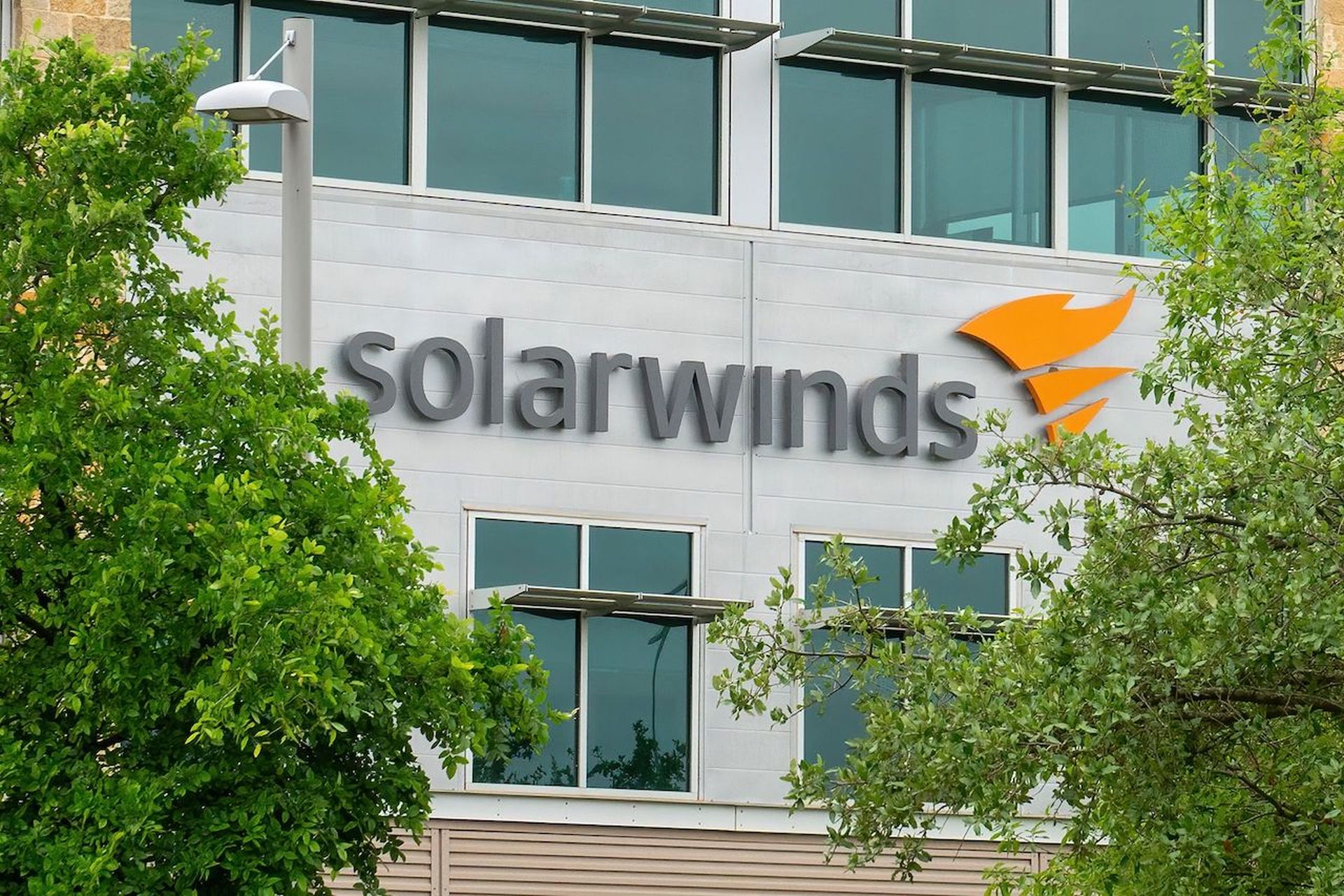During my tenure at an MSP in Orange County, Calif., the partners (i.e., executive owners) created an Employee Stock Ownership Plan (ESOP). They announced it at our annual holiday party, and as employees, we were thrilled! As a young employee, I was able to benefit financially from this program, which helped shape my future. After the program was implemented, it seemed like employees were more involved in their job, and cared more about how the company was doing, and wanting the company to do well. Participation in these programs can help employees financially and can help the company as well.
Retention of employees in this market can also be a huge obstacle for employers. The days of 20+ years with a company are dwindling and companies are looking for incentives to keep great employees from jumping ship to the next great offer. Giving employees a small portion of ownership in the company can create loyalty and cause the employee to stick around a bit longer.
New Research Shows Correlation
Indeed, both of these claims are now backed up by research in a new study from the National Center for Employee Ownership (NCEO), a nonprofit organization established in 1981 and based in Oakland, Calif. The study shows that employees are both benefitting financially from ownership programs and are also remaining at the same job for a longer period of time.
According to the study, employee-owners have more job stability than non-employee-owners. The median tenure with their current employer was 5.2 years vs. the 3.4 years for their non-employee-owner counterparts. The stability that comes with sticking with a position for a while shows that the overall wealth of that household is higher than those with a shorter tenure at the company.
The data also shows employee-owners -- including younger employees with young families -- are benefitting. For families with children ages 0 to 8 in their household, the employee-ownership advantage translates into a median household net worth of nearly twice that of those without employee ownership. It also shows that they have nearly one full year of increased job stability and $10,000 more in annual wages.
Financial Stability & ESOP Participants
Included in the report it is shown that the relationship between employee ownership and greater financial stability is true across demographic groups and over time. When comparing the data-over-time the two groups would start out at the same modest level of wealth, and then the employee ownership subset increases their wages significantly. All other factors being controlled with strong predictors, including education, race, gender, and marital status.
It is clear, based on the research, that when companies offer these ownership programs to their employees they benefit both the company through employee retention and the employee through greater financial stability.
Admittedly, ESOPs also come with some risks -- particularly for companies that have inconsistent profits and poor financial controls in place.




